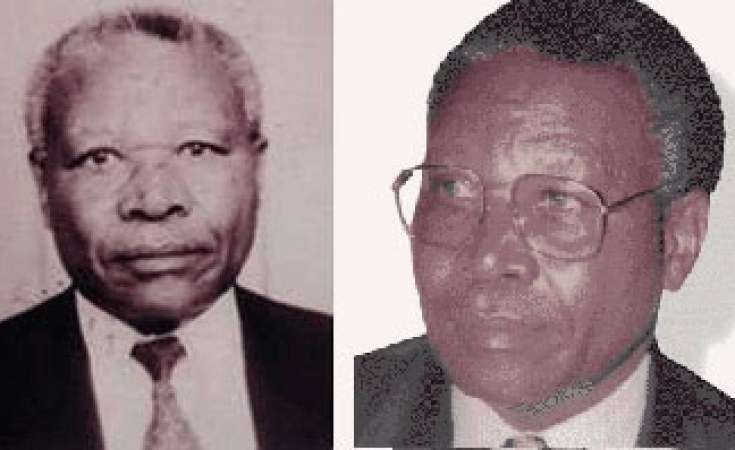The Hague-based UN court will on Thursday September 29 commence the hearing of Genocide suspect Félicien Kabuga who faces different charges related to the 1994 Genocide against the Tutsi.
Known infamously as the 'Financier of the Genocide' Kabuga will appear before judges of the International Residual Mechanism for Criminal Tribunals where both prosecutors and defence will give opening statements.
The trial will take place at The Hague, in The Netherlands where the 89-year old is detained but the proceedings will be followed at the UN Court's branch in Arusha, Tanzania, according to a notice from the court.
"The opening statements are scheduled to be heard on Thursday, 29 September and Friday,30 September 2022 in the courtroom of The Hague branch of Mechanism, followed by the commencement of the presentation of evidence on Wednesday, 5 October and Thursday, October 6," reads part of a notice issued by the Mechanism.
It will be publicly broadcast on the Mechanisms website with a 30-minute delay, and can be followed in English, French and Kinyarwanda, notice added.
The key suspect's substantive trial comes over two years after he was arrested in Paris by French authorities as the result of a joint investigation with the IRMCT Office of the Prosecutor.
A wealthy businessman during the Genocide, Kabuga had spent 26 years hiding from international justice.
Following his arrest, Kabuga's lawyers continued to delay the trial claiming that their client could not stand trial on grounds of ill health, an application that was eventually dismissed in its entirety.
In the same decision, judges also ruled that Kabuga will be subject to periodic monitoring by a panel of three independent medical experts who shall submit a joint report on his fitness before the trial to the Trial Chamber every 180 days from the filing of the decision unless otherwise decided.
About the case
Kabuga, considered a key architect of the Genocide against the Tutsi, is charged with seven counts, including five related to genocide; genocide, complicity in genocide, direct and public incitement to commit genocide, attempt to commit genocide and conspiracy to commit genocide.
Other charges include persecution and extermination - both as crimes against humanity.
Related by marriage to former President Juvenal Habyarimana, Kabuga was a member of the so-called Akazu, an elite group of highly influential individuals that was at the heart of organizing and executing the Genocide in which over a million people were killed.
He was also the founding president of the board of shareholders of hate radio RTLM, which incited killings.
After being on the run since August 18, 1994, he was arrested on May 16, 2020.
On 30 September 2020, an appeal court upheld the decision to transfer him to the UN facility and was subsequently sent to The Hague.
Kabuga first appeared before the judge at the Mechanism on 11 November 2020, during which a plea of not guilty was entered on his behalf with respect to the charges in the indictment.
Since then, the Pre-Trial Judge or the Trial Chamber held regular status conferences.
In view of Covid-19 restrictions, the first status conference was held by way of written procedure, commencing by an order of the Trial Chamber issued on 9 March 2021 and concluding by an order of the Trial Chamber filed on 6 April 2021.
Subsequent in-person status conferences were held on 1 June 2021, 6 October 2021, 3 February 2022, 11 May 2022, and 18 August 2022.


